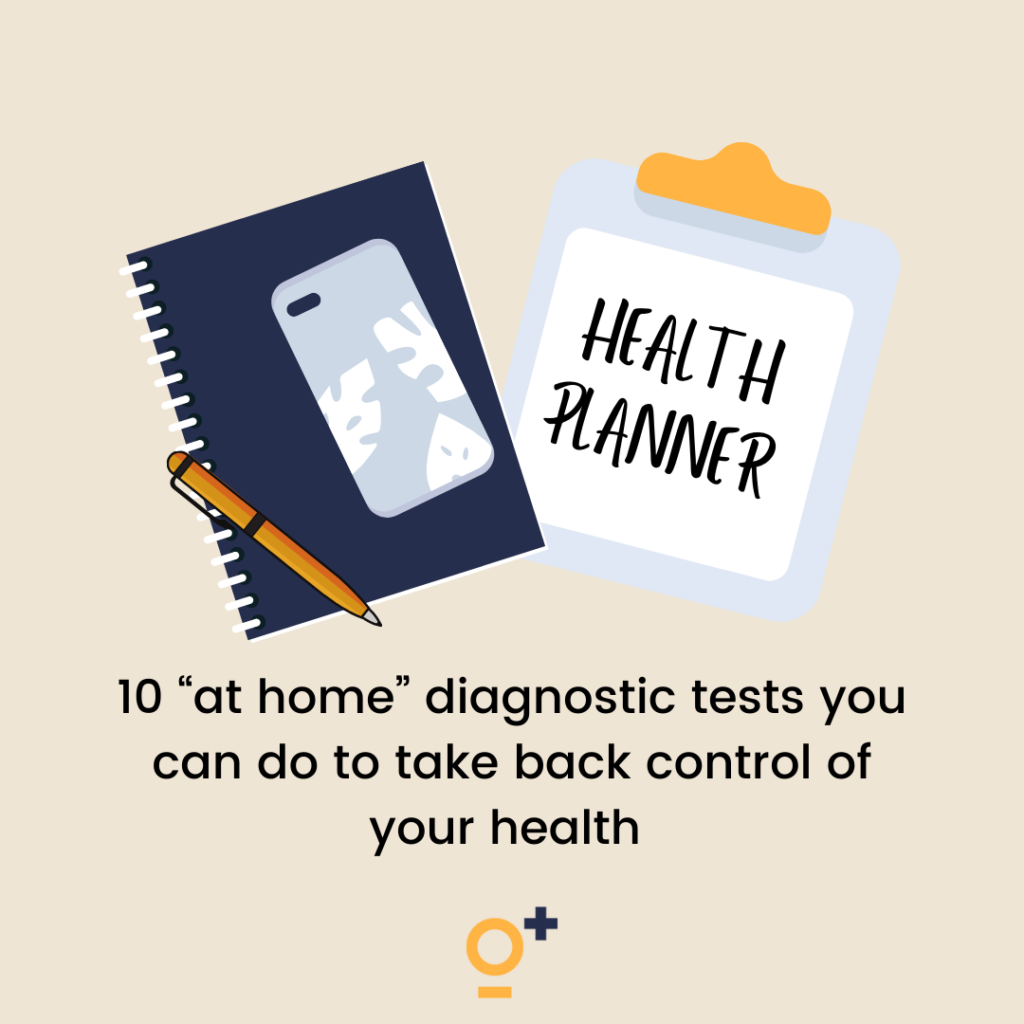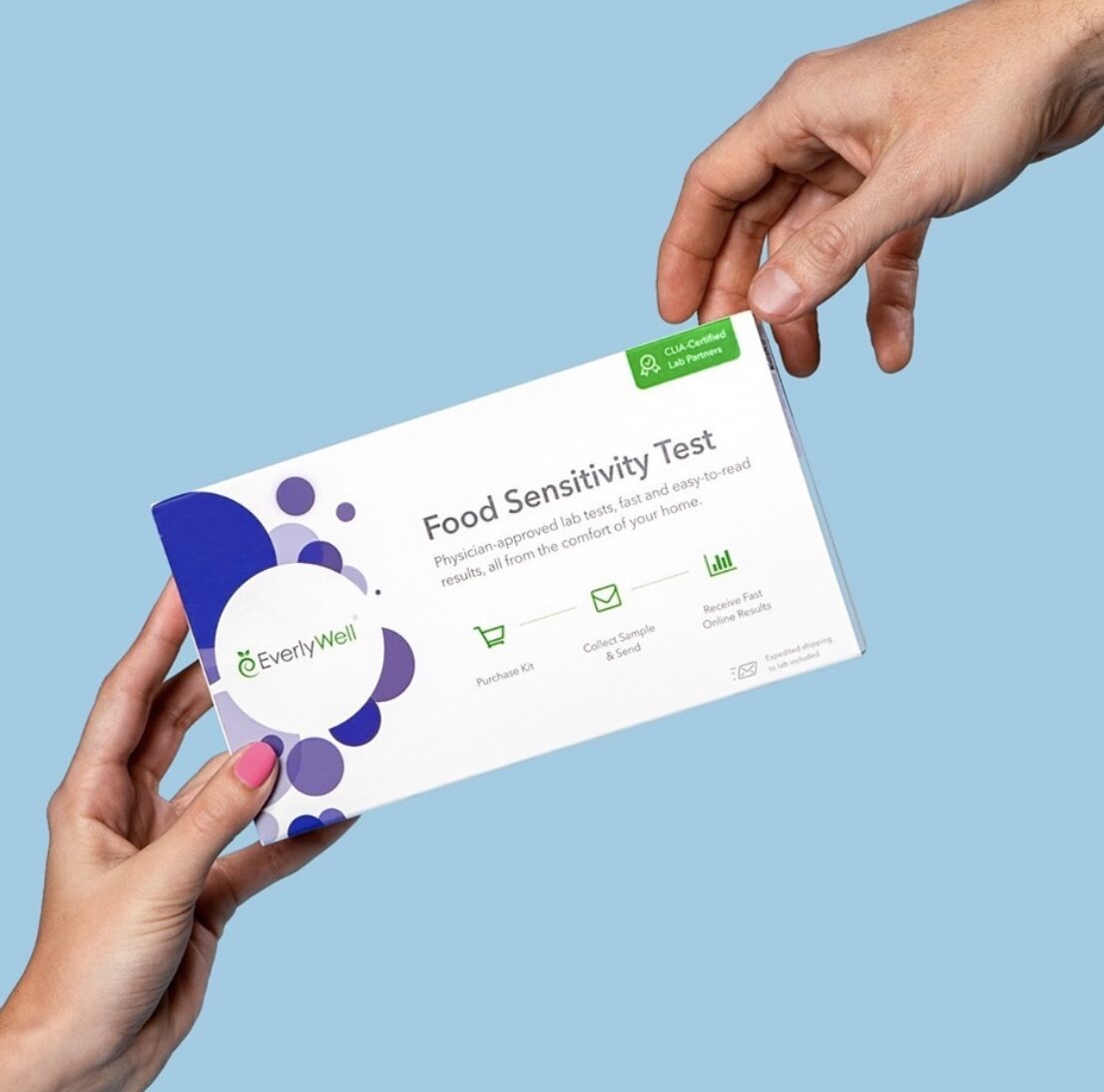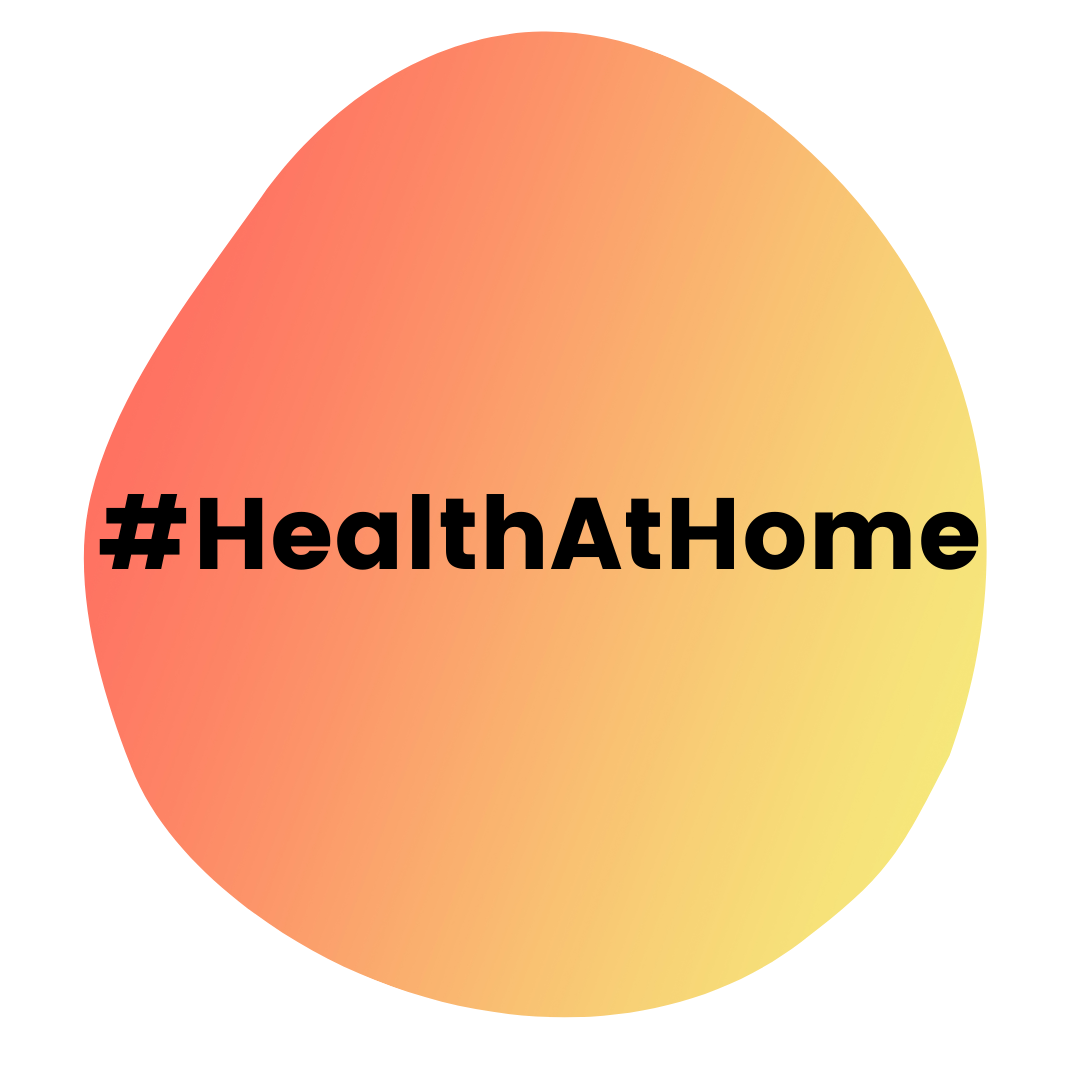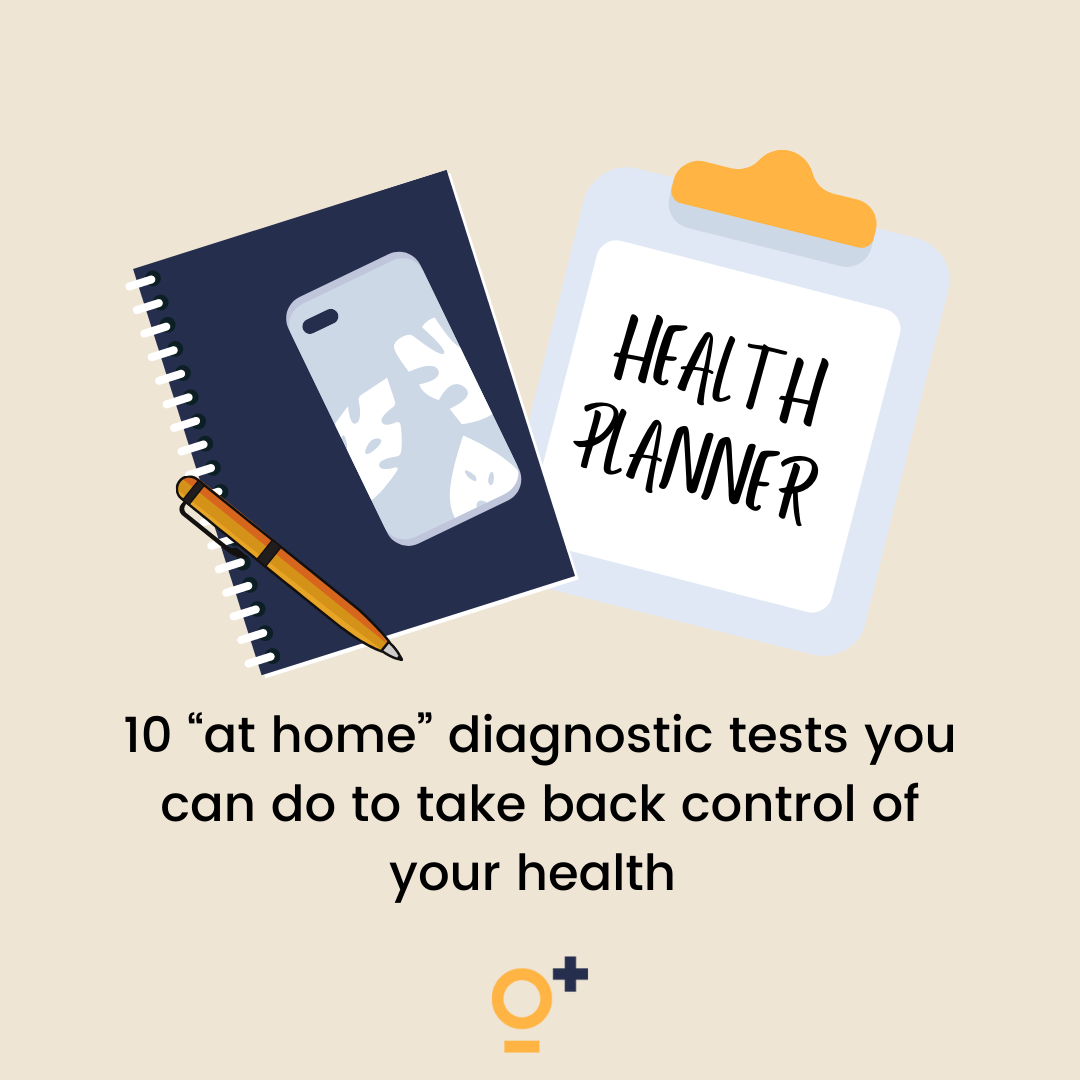
Fatigue, headaches, bloating, body aches, sleeplessness, irregular bowel movements...the list of unfortunately common day-to-day pains and symptoms people may feel goes on. In our busy lives, it's hard to make dedicated time to go to the doctor's office for a sick visit or get referred to a specialist for your symptoms. However, taking the time to know your body's unique needs can help you live a happier and more symptom-free life. Check out these 10 quick & easy at-home tests you can do to take your health into your own hands (even with your busy schedule!).
1. COVID-19 tests
COVID-19 testing is the key to getting back to normal and will continue to be commonplace before and after traveling, events, and work. To make things easier on you and your busy schedule, you can perform a diagnostic test at home rather than going to a testing site. You can choose between the antigen or PCR method, the main difference being the time until result. The antigen (aka the rapid test) will give you results in 15-minutes and the PCR can take anywhere from 24 hours to a week to get results.
Need a COVID-19 test for work, travel, or an upcoming event?
Shop the antigen test here.
Shop the PCR test here.
Wondering if you've had a past or recent exposure?
Shop the antibody test here.
2. Food sensitivity test
Do you experience headaches, gas, bloating, irregular bowel movements, or heartburn? If yes, you may be eating a food that you love, but doesn't love you. All of these symptoms can be common for someone experiencing a food sensitivity, however, every body is unique so symptoms can vary. Having a food sensitivity or intolerance does not necessarily mean you need to eliminate it from your diet once and for all. You'll need to identify the offending food and figure out how much (if any) you can eat without experiencing symptoms. Some of the most common culprits are gluten, dairy, soy, shellfish, peanuts, and tree nuts. If you're looking to improve your health, one of the first things you should look at is your diet. Shop at-home food sensitivity tests here.

photo courtesy of @everlywell
3. Keto test strips
On the topic of diets, the keto diet is one of the most popular. The concept: a low-carb, high fat, and moderate protein diet. The goal: achieving ketosis, a state in which your body burns fat for fuel. The problem: it's difficult to determine if you've achieved the diet's goal. Keto test strips can help determine if your diet needs any changes to maintain or reach ketosis. Shop keto test strips here.
4. Blood type test
Knowing your blood type (Group A, Group B, Group AB, or Group O) is extremely important in case of a medical emergency, but can also be useful to educate yourself on blood type-related health conditions. Own your health by making the most informed health & lifestyle decisions for your unique body. Find out your blood type with this at-home test.
5. STD test
The next two at-home diagnostic tests help you own your sexual health because sometimes it can be awkward to ask for testing. While it may be awkward to talk to someone about your symptoms, some sexually transmitted infections and viruses can have adverse consequences to your long-term health, so it is so important to be in the know. Common STDs to be tested for are chlamydia, HPV, gonorrhea, herpes, and syphilis, all of which can be diagnosed with discreet testing done in the comfort of your home. Long-term complications if the STI goes untreated can include infertility, cancer, and damage to major organs so never leave it up to chance. Choose your STD test kit here.
6. HIV test
HIV is another sexually transmitted disease that can be diagnosed with at-home testing. If you have unprotected sex and experience flu-like symptoms, you should get tested for HIV. After the first symptoms, there will be a long period where you may feel symptomless and the virus turns into AIDS - the most serious stage of HIV. Without treatment, it is almost inevitable that HIV will progress to AIDS. Stay on top of your sexual health with an HIV test - shop here.
7. UTI test strips
Urinary tract infections are very common amongst females and can be resolved within days. However, when left untreated the infection can turn into a painful and more severe kidney infection. At the first sign of symptoms, you can perform a quick and easy at-home urine test to get you answers. Shop UTI test strips here.
8. Gut health test
Your gut communicates with your whole body, which is why there is such an emphasis on improving and maintaining a healthy, diverse gut microbiome. The gut is of course tied to digestion - think no gas, no bloating, no irregular bowel movements with a healthy gut. But, your gut is also tied to your metabolism, immune system, energy, and more. An at-home test can help you identify good & bad bacteria in your gut so you can make a personalized plan to improve your gut health by getting rid of the bad and increasing the good. Learn more about your gut here.

9. Celiac disease screening test
Celiac disease, one of the most under-diagnosed diseases in the world, is an autoimmune disease triggered by eating gluten. Maybe you've noticed an adverse reaction to gluten, but thought it was only a sensitivity or intolerance. It may be time to take a Celiac screening test in the comfort of your own home. Remember, if you are already eating a gluten-free diet, you will need to eat gluten to get accurate results from a screening. Learn more about at-home Celiac screenings here.
10. Vitamin D test
Vitamin D deficiency is extremely common but can be easily diagnosed and fixed. It's not that easy to catch rays (a great source of vitamin D) due to climate and general responsibilities that require us to be indoors. Find out if a Vitamin D supplement would be a good addition to your diet with an at-home test. Shop Vitamin D tests here.
If you don't want to order online and wait for shipping, head to your local pharmacy for these at-home tests.
Follow us @gotthetest to stay in the know about at-home diagnostic testing options for your health & wellness.



